Escape rooms are a fairly mature market at this point, so getting your business plan straight before fully investing is more imperative than ever for would be escape room owners.
A well-structured business plan isn't just a summary of your startup idea; it's the lifeline that guides you through the challenges and benefits that come with creating immersive experiences in confined areas.
This post will help you navigate the history and statement sections of your business plan, providing examples and information to craft a compelling story for your entertainment venture.
Escape Room Business Fundamentals
Understanding the Model
An escape room business thrives on providing thrilling experiences to customers. This model centers around designing immersive, interactive puzzles that teams must solve within a set time limit to "escape" from a themed room.
The key components of this business include location, room design, puzzle creation, marketing, and customer service.
The location needs to be accessible and attractive to your target market.
Room designs should be engaging and challenging enough to keep players coming back to your other rooms.
Puzzle creation is an art in itself - they need to be fun yet difficult, promoting team work and critical thinking.
Revenue streams for an escape room business are primarily through ticket sales for the games. Secondary income may come from merchandise sales or hosting special events.
Industry Snapshot
The escape room industry has seen substantial growth over recent years due to its popularity as an exciting group activity. As per alliedmarketresearch.com: "the global escape room market size was valued at $7.9 billion in 2022, and is projected to reach $31 billion by 2032."
Several major players dominate this industry such as Breakout Games, The Escape Game, and Escapology who have successfully expanded their operations across multiple locations.
We have compiled a list of escape room competitors broken down major city here!
Community
It's incredibly important to connect with other escape room owners in the industry to keep your knowledge up to date. We highly recommend joining the "Escape Room Start Ups and Owners" FaceBook group with 11,000 other industry members.

Navigating Regulations
As with any business venture, there are legal requirements that must be met when operating an escape room business. These can range from obtaining a suitable license for operation to ensuring compliance with fire safety regulations.
Health and safety regulations are paramount in this industry given the physical nature of the games involved. Ensuring rooms are safe for use without risks of injuries is crucial.
Local laws can also impact operations significantly - zoning laws may dictate where you can establish your business while noise restrictions could influence game design.
Crafting Your Business Plan
The Executive Summary
The executive summary is the first impression of your business plan. It's like a movie trailer, providing a sneak peek into your escape room business. Its role in attracting investors cannot be understated. This section should include key elements such as your business name, location, and a brief description of services offered.
Remember, the executive summary provides a snapshot of the entire plan. For instance, if you're planning on launching an escape room with a unique sci-fi theme, mention it here to pique interest.
Goals and Objectives
Next up are goals and objectives. Clear, measurable goals are crucial for any successful business. They serve as milestones that keep you on track as you navigate through the challenging terrain of entrepreneurship.
Objectives guide daily operations by providing clarity about what needs to be done to achieve long-term goals. For example, if one of your goals is to become the best-rated escape room in town within two years, an objective could be to introduce innovative game themes every quarter.
Your goals and objectives should align with your overall business strategy. If your strategy is differentiation through unique experiences, then introducing new game themes frequently would make sense.
Showcasing Products and Services
Last but not least is showcasing products and services. This section highlights the unique selling points (USPs) of your escape rooms that set them apart from competitors'. Whether it's intricate puzzle designs or immersive storylines - this is where they shine!
Service quality plays an important role in customer retention too. Happy customers not only come back but also spread word-of-mouth recommendations - a powerful marketing tool no money can buy! Therefore ensuring high-quality service should always be prioritized.
Aligning product/service offerings with target market needs is another aspect worth mentioning here. If most of your target audience comprises thrill-seekers looking for challenging puzzles, offering super-easy games might not attract them much.
Market Analysis for Escape Rooms
As you venture into the escape room business, understanding your market landscape is crucial. This includes analyzing competitors, profiling potential customers and identifying target markets.
Competitive Analysis
Before opening an escape room business within a mile radius of your location, it's important to identify key competitors operating in that area. This process involves extensive research to understand their strengths and weaknesses. For instance, one competitor may have superior thematic designs while another might offer competitive pricing.
With this information at hand, you can strategize on how to differentiate your business from these competitors. You could opt for unique themes not offered by others or provide exceptional customer service. Remember, differentiation is key in attracting and retaining customers.
Customer Analysis
Understanding your potential customers is equally important as analyzing competitors. Profiling involves determining demographic characteristics such as age, income level and interests of potential patrons.
Customer needs vary significantly across different demographics. Younger audiences may prefer thrilling experiences while older ones may lean towards intellectual challenges. Preferences also come into play; some customers might be drawn to horror themes while others prefer mystery or adventure-based rooms.
Behavioral analysis helps understand patterns that influence decision-making processes among consumers such as time spent in escape rooms or frequency of visits.
These insights are instrumental in shaping marketing strategies that align with customer needs and preferences hence increasing chances of success in the escape room business.
Target Markets Identification
Market segmentation is a critical aspect when identifying target markets for your business plan escape room. Segmentation involves dividing the broader market into smaller subsets based on certain characteristics like age or interests.
For example, if your research indicates a preference for horror-themed rooms among young adults aged 18-25 years within a mile radius of your location, then they form an ideal segment to target.
There is also higher level audience segmenting that can be applied to your marketing strategy. We have written about it here!
Strategic Operations Planning
Crafting an Operations Plan
Every successful escape room business starts with a comprehensive operations plan. This blueprint outlines the key components necessary for smooth operation, from daily tasks to long-term goals. For instance, it might include hours of operation, customer service protocols, and maintenance schedules.
A well-crafted operations plan ensures your business runs like a well-oiled machine. It sets clear expectations for staff, reduces confusion, and improves efficiency. Furthermore, it can help identify potential problems before they arise.
Contingency planning is another crucial aspect of operational planning. Unexpected events can disrupt your business if you're not prepared. A good contingency plan helps keep your business on track during unforeseen circumstances.
Staffing and Training Essentials
Staff are the lifeblood of any escape room business. Identifying staffing needs is paramount in delivering exceptional customer experiences. You'll need game masters to monitor rooms, customer service reps to handle inquiries, and maintenance personnel to ensure everything runs smoothly.
Training plays a significant role in equipping staff with the necessary skills and knowledge to deliver top-notch services consistently. Regular training sessions can enhance their problem-solving abilities and improve their understanding of game mechanics.
Attracting and retaining qualified staff is vital for any escape room business' success. Competitive compensation packages, opportunities for growth, and a positive work environment can help retain talented employees.
Streamlining Operational Processes
Running an escape room involves numerous processes that must be executed efficiently to maximize profits while minimizing costs. These may include booking management, game setup/reset procedures, customer interaction protocols among others.
Efficient processes not only save time but also reduce errors that could negatively impact customers' experiences or increase operating costs unnecessarily.
Process documentation is essential in ensuring consistency across all operations within your company. Standardized procedures minimize variations in how tasks are performed by different employees thus improving efficiency and reducing misunderstandings.
Financial Strategies and Projections
After discussing "Strategic Operations Planning", let's now delve into the financial aspect of your escape room business. Understanding your finances is crucial to secure funding, manage resources, and ensure profitability.
Financial Planning Essentials
A robust financial plan is critical for an escape room business. It includes key elements such as revenue projections, cost estimates, investment requirements, and potential returns. This blueprint guides you in making informed decisions about pricing strategies, marketing investments, and operational expenses.
The role of financial planning goes beyond just managing finances. It serves as a compelling tool when seeking funds from investors or banks. A detailed financial forecast demonstrates the viability of your business idea and instills confidence in potential stakeholders.
However, remember that financial planning isn't a one-time task. Regular reviews are essential to account for market changes or unique business challenges. Adjustments in the plan help keep your business on track towards achieving its goals.
Cash Flow Analysis
Cash flow analysis involves tracking money coming into and going out of your business - essentially understanding cash inflows from customers and outflows for expenses like rent or salaries.
Maintaining liquidity is one primary reason why cash flow analysis plays a vital role in businesses. It ensures you have enough money at hand to meet immediate obligations – be it paying suppliers or servicing debt.
Several strategies can improve cash flow: negotiating better payment terms with vendors; offering discounts for early payments by customers; or even re-evaluating unnecessary expenses. Remember - positive cash flow is indicative of healthy business operations!
Balance Sheet Assessment
A balance sheet provides a snapshot of what your company owns (assets), owes (liabilities), and the equity left over for shareholders at any given time.
Regular balance sheet assessments help evaluate financial health - whether you're generating enough profits to grow assets while keeping liabilities under control. They also provide insights into how effectively you're using investments to drive growth.
Regular updates are essential as balance sheets are dynamic. Changes in assets, liabilities, or equity can signal potential issues or opportunities that might require immediate attention.
Marketing and Sales Tactics
Implementing Marketing Strategies
The key to promoting a successful escape room business lies in effective marketing strategies. These strategies could range from traditional advertising methods like print ads, billboards, and TV commercials to modern digital marketing techniques that leverage social media platforms.
For instance, running targeted ad campaigns on Facebook or Instagram can help reach potential customers who have shown interest in similar activities. Email newsletters featuring upcoming themes or special discounts can keep your audience engaged and encourage repeat visits.
However, the role of marketing doesn't stop at attracting customers. It also plays a crucial part in boosting sales by creating awareness about your offerings and enticing people to try them out.
But remember, not all marketing efforts yield the desired results right away. Therefore, tracking the performance of your marketing campaigns is critical to understand what's working and what needs adjustment.
Mastering Sales Techniques
While good marketing can bring prospects to your doorsteps, it's effective sales techniques that convert them into paying customers. In an escape room business, this could involve providing detailed information about different rooms, answering queries promptly and professionally, or offering group discounts to attract larger parties.
Moreover, upselling and cross-selling are powerful strategies you can use to increase revenue. For example, you might suggest a more challenging room for veteran players or recommend merchandise like themed t-shirts or mugs as souvenirs.
Updating Market Trends
Staying updated with current market trends is essential for any business plan escape room included. The escape room industry is dynamic with new trends shaping it regularly.
One such trend is the increasing demand for immersive experiences over traditional puzzles - something you might want to consider while designing your rooms.
Understanding these trends helps shape your business strategy accordingly ensuring you stay competitive within the market space. However, adapting quickly to changing trends isn't just about survival but also about seizing opportunities for growth and innovation.
Management Team Assembly
Building a Strong Management Team
A successful escape room business hinges on a competent management team. Identifying key roles within your team is the first step. You need people who are skilled in various areas including operations, marketing, customer service, and finance.
The importance of a proficient management team cannot be overstated. They have the responsibility to steer the business towards success. Their decisions shape the company's direction and determine its growth trajectory.
Building a strong team requires strategic planning. Look for individuals with complementary skills who share your vision for the business. Encourage open communication and foster an environment that values teamwork.
For instance, consider the case of Escape Room Inc., which attributes its success to its diverse and talented management team. Their combined skills in game design, operations, marketing, and finance have helped them create immersive escape room experiences that keep customers coming back.
Analyzing Company Performance
Key performance indicators (KPIs) help gauge how well your escape room business is doing. These may include customer satisfaction rates, number of bookings, revenue per booking, or repeat customer rate.
Performance analysis plays a crucial role in identifying areas where improvements can be made. Regular reviews allow you to monitor progress against set goals and make necessary adjustments.
Take Escape The Room NYC as an example; they use KPIs like average time spent by customers in each room and success rate of each room to improve their games continually. This constant evaluation has led them to become one of New York’s most popular escape rooms.
Funding Your Escape Room Venture
Exploring Funding Options
Every great escape needs a solid plan. And part of that plan involves securing adequate funding for your business. There are several funding options available, each with its own advantages and disadvantages.
For instance, personal savings is the most straightforward option. It gives you full control over your business but also places all the risk squarely on your shoulders. Bank loans are another common choice. They can provide larger amounts of money but come with interest rates and strict repayment schedules.
Crowdfunding platforms like Kickstarter or Indiegogo offer an alternative way to raise funds by tapping into a community of potential customers who are willing to support new businesses in exchange for rewards or equity.
Lastly, venture capital is an option if you have a strong business model and high growth potential. However, this often means giving up a share of your company's ownership.
Sourcing Your Escape Room Needs
Once you've secured funding, the next step is sourcing materials and equipment for your escape rooms. This aspect is crucial as it directly affects the quality of experience you can offer at your adventure entertainment facility.
There are many places where you can source props, puzzles, and other materials needed for your escape room themes such as museum heist or escape pdx scenarios. These include online marketplaces like Amazon or eBay, specialty stores that sell theatrical supplies, even local thrift stores could be treasure troves of unique items.
When choosing suppliers, consider factors such as cost-effectiveness, reliability in delivery times, and quality of products offered. Remember that while budgeting is important in any business venture; compromising on quality could lead to negative customer experiences which would hurt your brand reputation in the long run.
Streamlining Business Plan Creation
Simplifying the Process
Creating a business plan for an escape room venture doesn't have to be complicated. A simplified process can make it easier to focus on key aspects and ensure successful implementation.
Firstly, prioritize your goals. What do you want your escape room business to achieve? This could be anything from attracting a certain number of customers per week, to reaching a specific revenue target within the first year.
Secondly, break down these goals into manageable tasks. For example, if your goal is to attract more customers, you might need to invest in marketing or improve the design of your escape rooms.
Lastly, keep your plan flexible. The business environment is always changing and so should your plan. Regular reviews will help you stay aligned with market trends and customer preferences.
Professional Assistance Benefits
While simplicity is key, some areas of a business plan may require expert input. Professionals such as accountants and lawyers can provide valuable insights that enhance the overall quality of your plan.
Accountants can assist with financial projections and budgeting. They'll help you understand how much capital you need to start-up, how long it will take before you turn a profit and what kind of return investors can expect on their investment.
Lawyers are instrumental in navigating legal requirements unique to escape room businesses like zoning laws or safety regulations. They’ll also advise on contracts with suppliers or employees ensuring everything is above board.
Remember though: while professional assistance can be invaluable, it's still essential that you understand every aspect of your own business plan.
Conclusion
We've journeyed together through the labyrinth of launching an escape room business, from understanding its fundamentals to crafting a compelling business plan. We've analyzed the market, strategized operations, planned finances, and devised marketing tactics. Remember, your team is your greatest asset and funding is the fuel that drives your venture forward.
Your escape room business is more than just a fun pastime; it's a testament to your entrepreneurial spirit. The road ahead may be filled with challenges, but with this comprehensive guide in hand, you're well-equipped to conquer them all. Now it's time to turn those plans into reality. Ready for the thrill of the chase? Go ahead, unlock your potential and let your escape room business thrive!
Frequently Asked Questions
What are the fundamentals of an Escape Room business?
The basics involve creating a unique, immersive experience, ensuring safety protocols, and maintaining customer satisfaction. Also, you'll need to handle operational aspects like location selection, staffing, and licensing.
How do I craft a Business Plan for an Escape Room venture?
Start by outlining your business concept, target market analysis, operational plans including game design and safety measures. Include financial projections, marketing strategies and management team details.
What should be included in the Market Analysis section?
You should include information about your potential customers' demographics and preferences. Analyze your competition - their strengths and weaknesses, pricing strategies and customer reviews.
What is Strategic Operations Planning for an Escape Room business?
It involves planning game designs that appeal to your target audience while ensuring they're safe. It also includes staff training procedures and emergency response plans.
How do I form my Management Team for this venture?
Your team should ideally consist of individuals with diverse skills – from game design to operations management. Experience in hospitality or entertainment industries can be a plus.
What are some effective Marketing and Sales tactics for an Escape Room business?
Online advertising on social media platforms can be effective given its visual nature. Offering group discounts or partnerships with local businesses could also drive sales.
How can I fund my Escape Room Venture?
Options include personal savings, bank loans, investor funding or crowdfunding platforms. Each option has its pros and cons which you need to consider carefully.





![[2025] Configuring Bookeo & Google Analytics 4 (The Easy Way)](/_next/image?url=https%3A%2F%2Fcms.birchriverdg.com%2Fwp-content%2Fuploads%2F2023%2F04%2FCopy-of-How-to-Tell-If-Youre-Overspending-On-Google-Ads-4.png&w=3840&q=75)


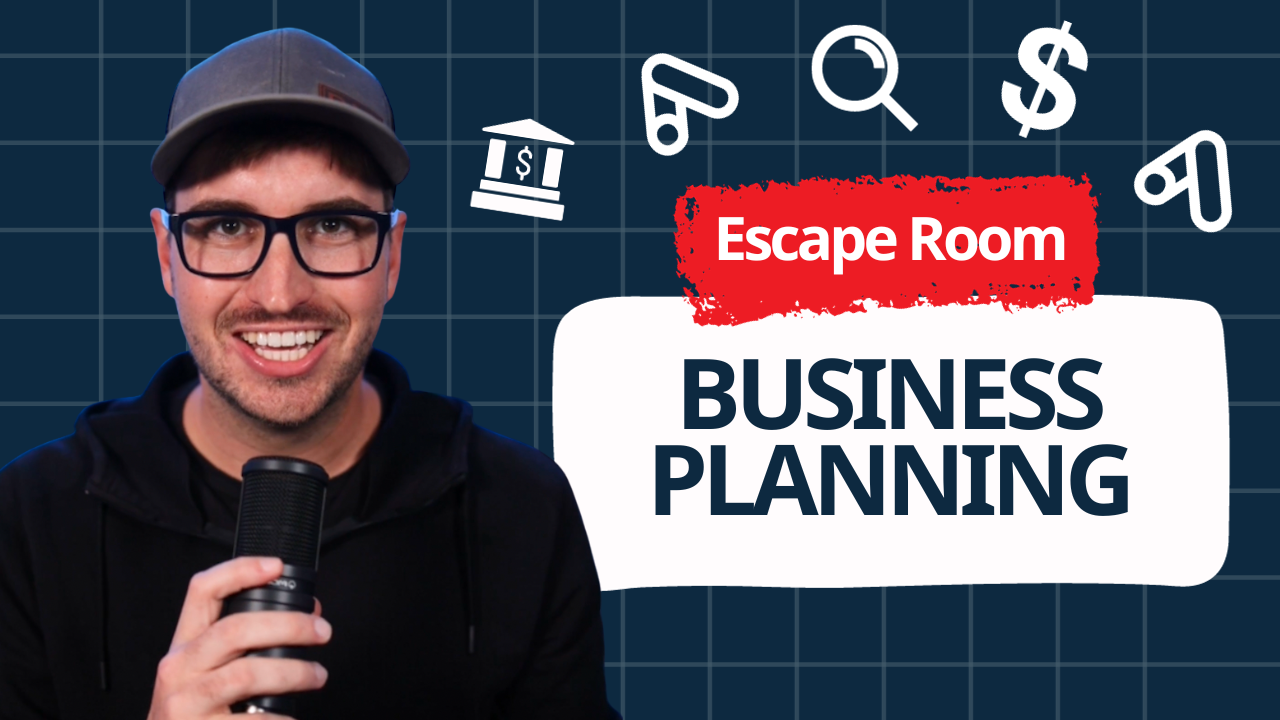
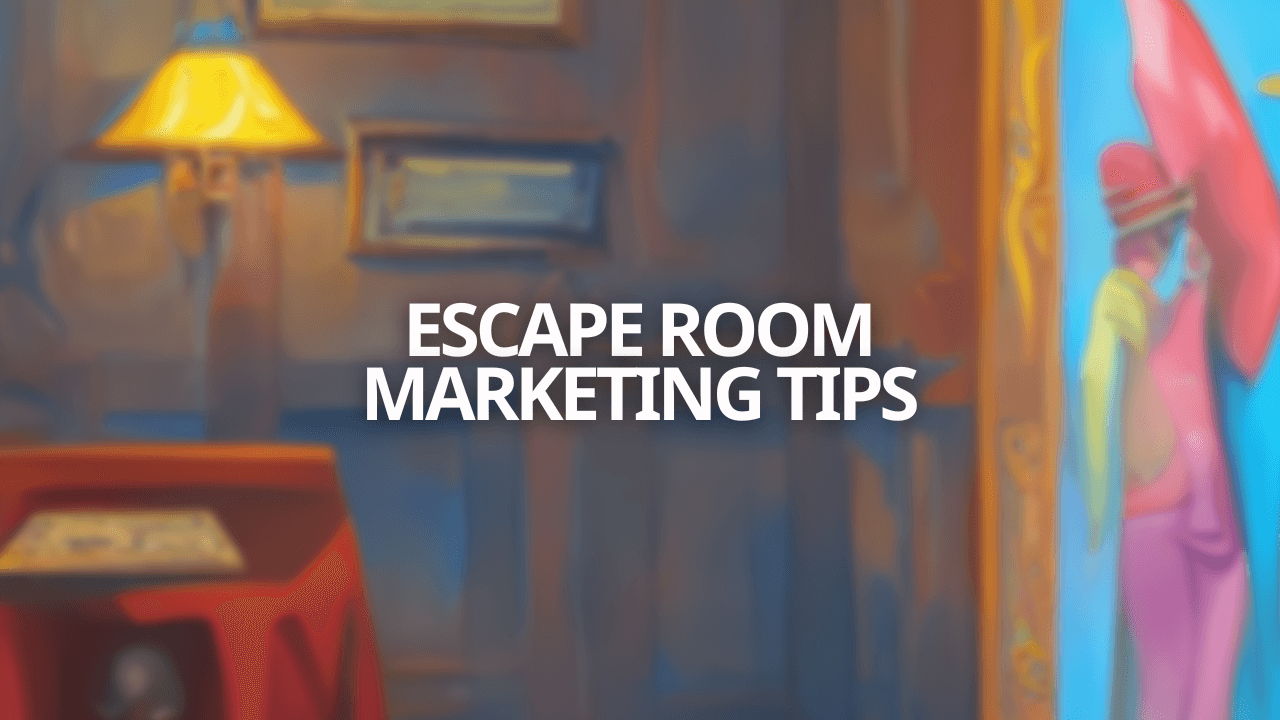
![4 Best Escape Room Booking Software Solutions [2024]](/_next/image?url=https%3A%2F%2Fcms.birchriverdg.com%2Fwp-content%2Fuploads%2F2022%2F12%2FEscape-Room-Booking-Systems-1.png&w=3840&q=75)
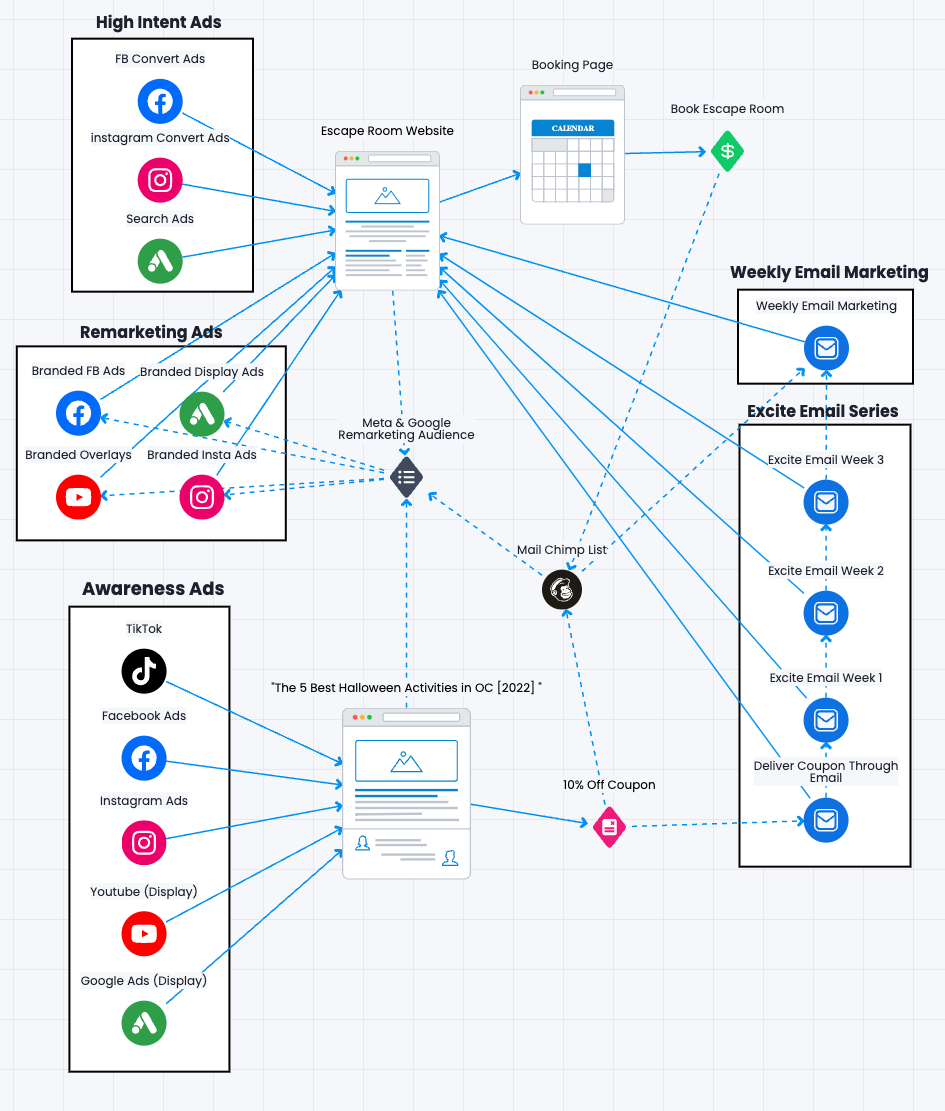

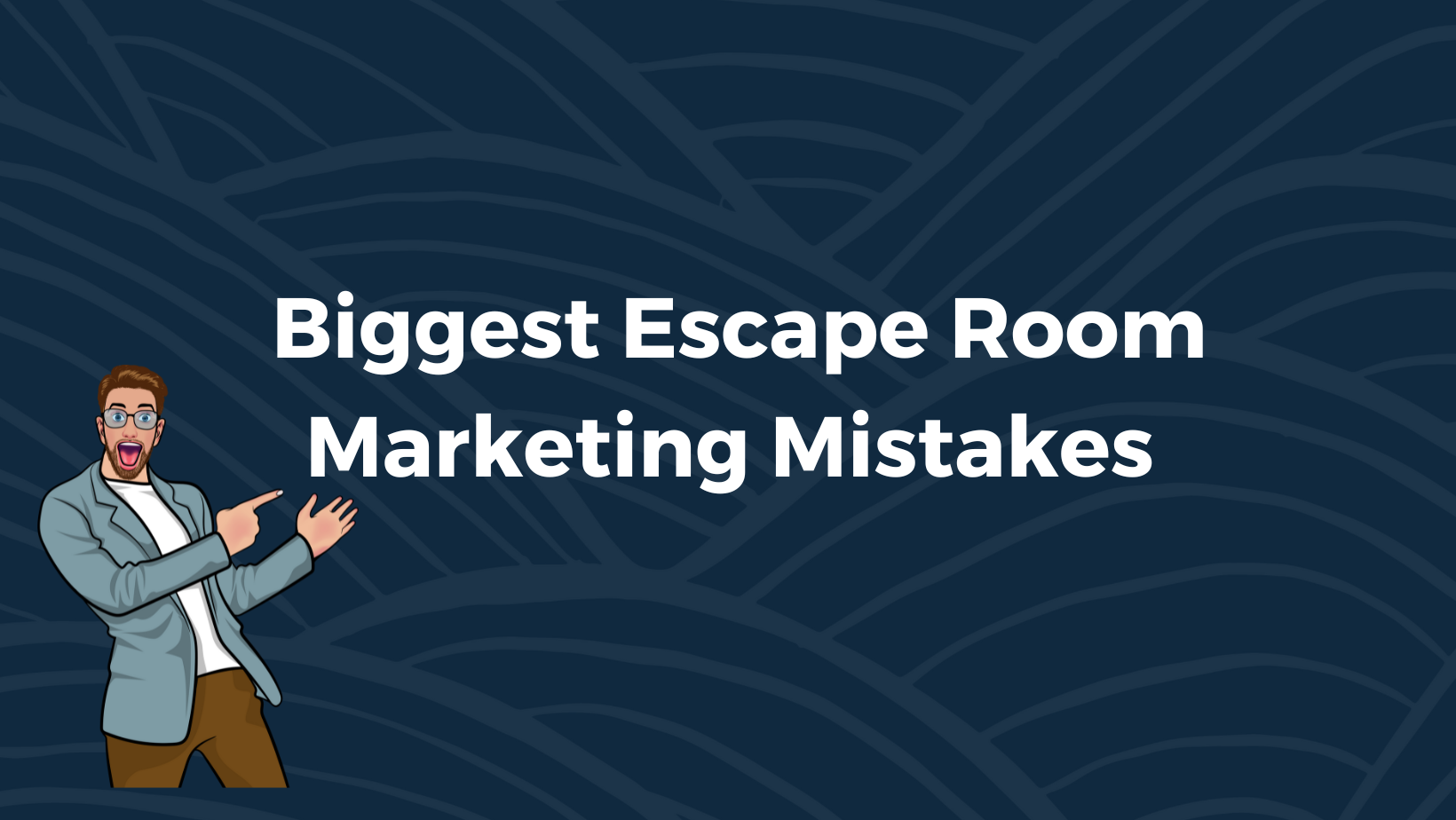


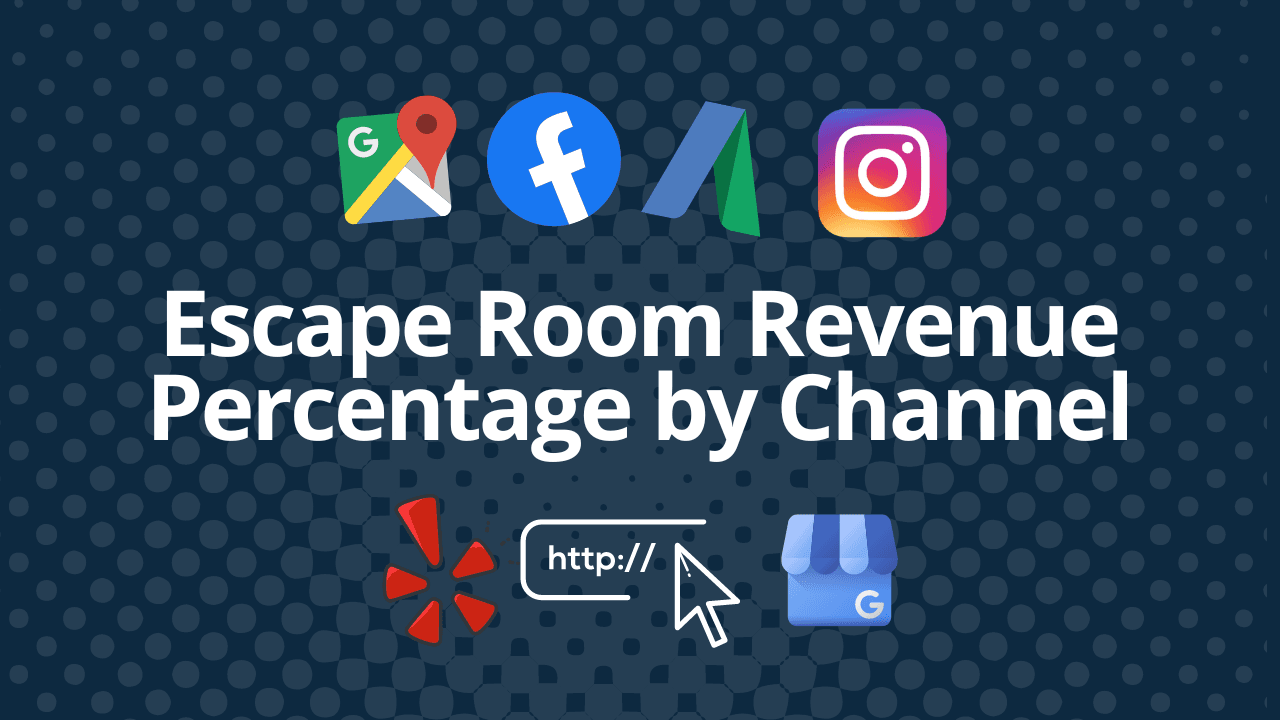
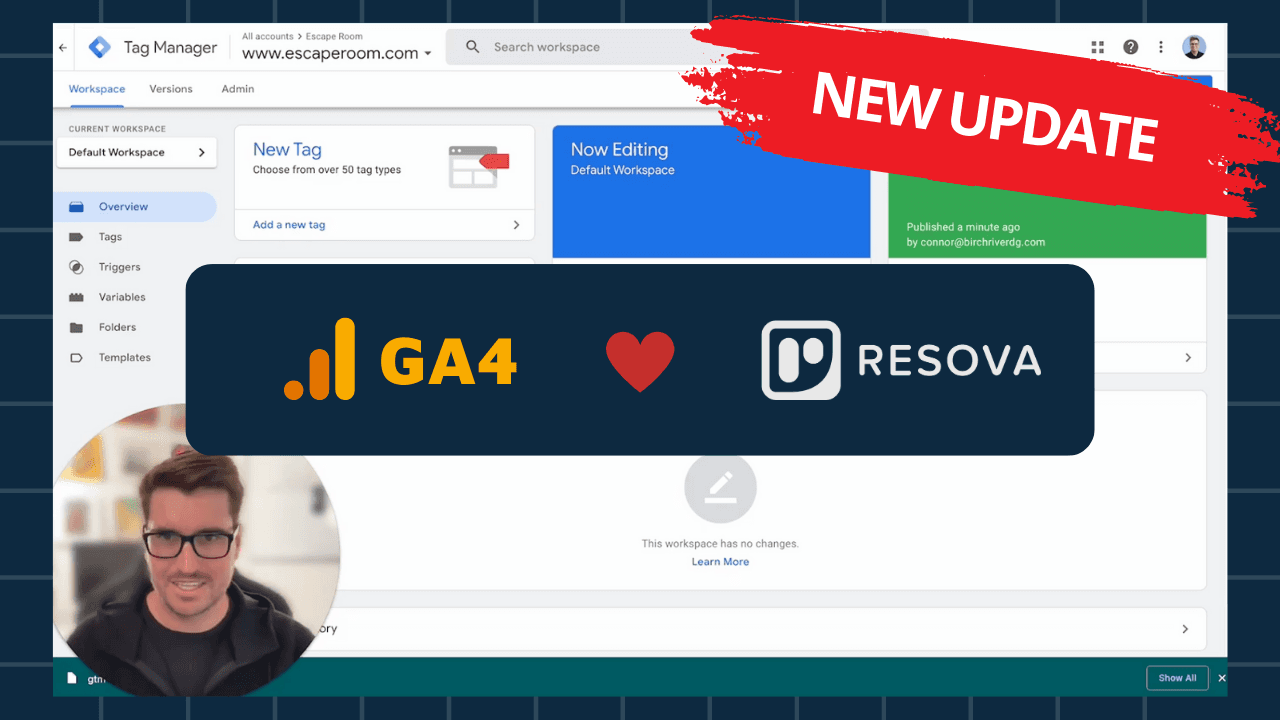




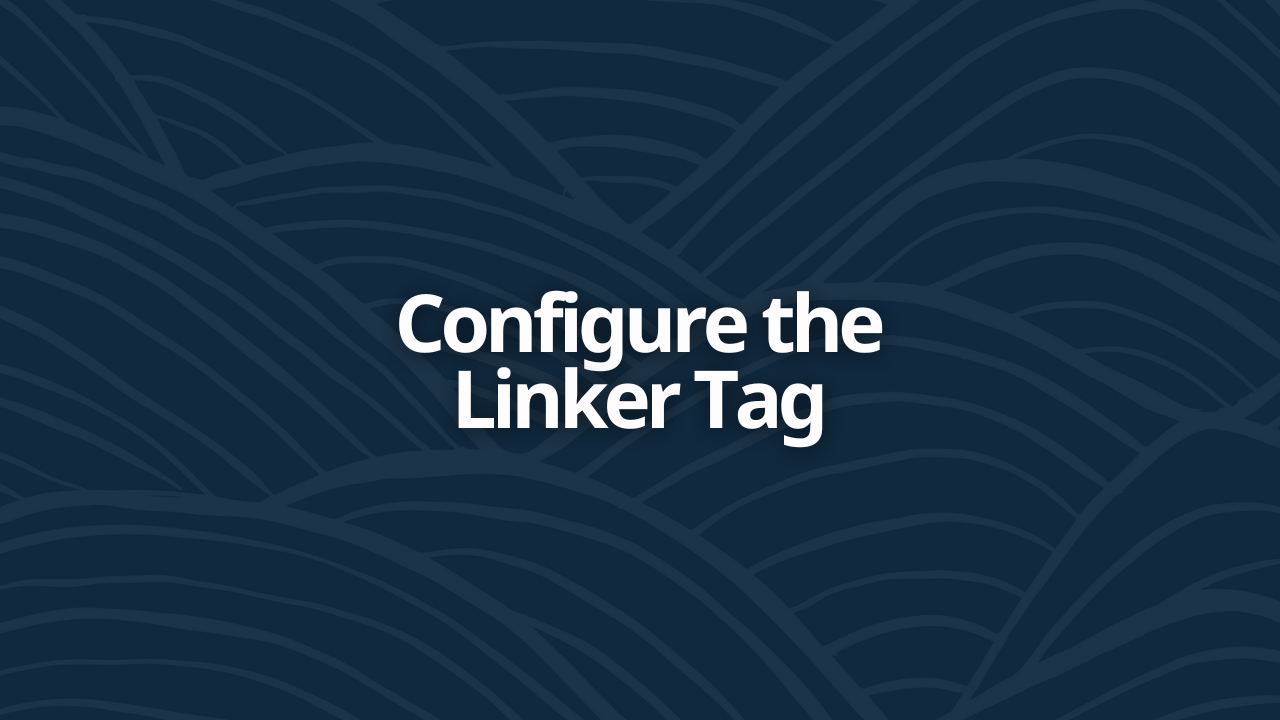



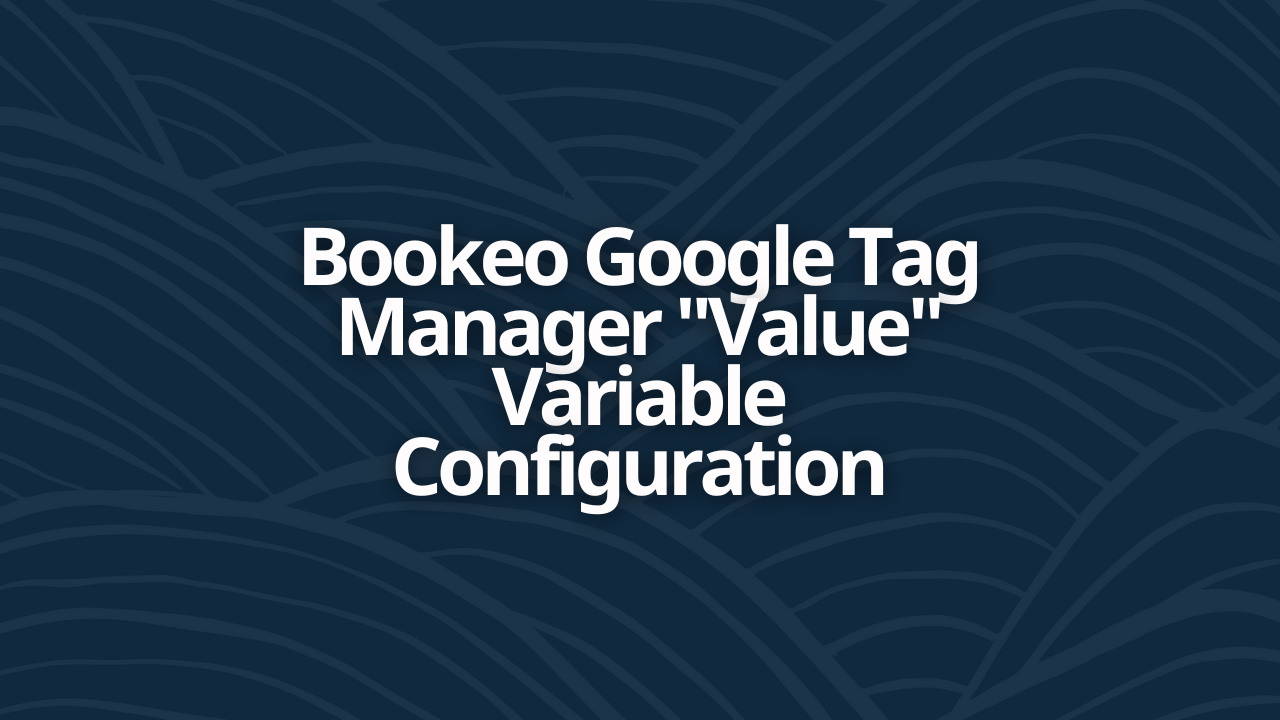
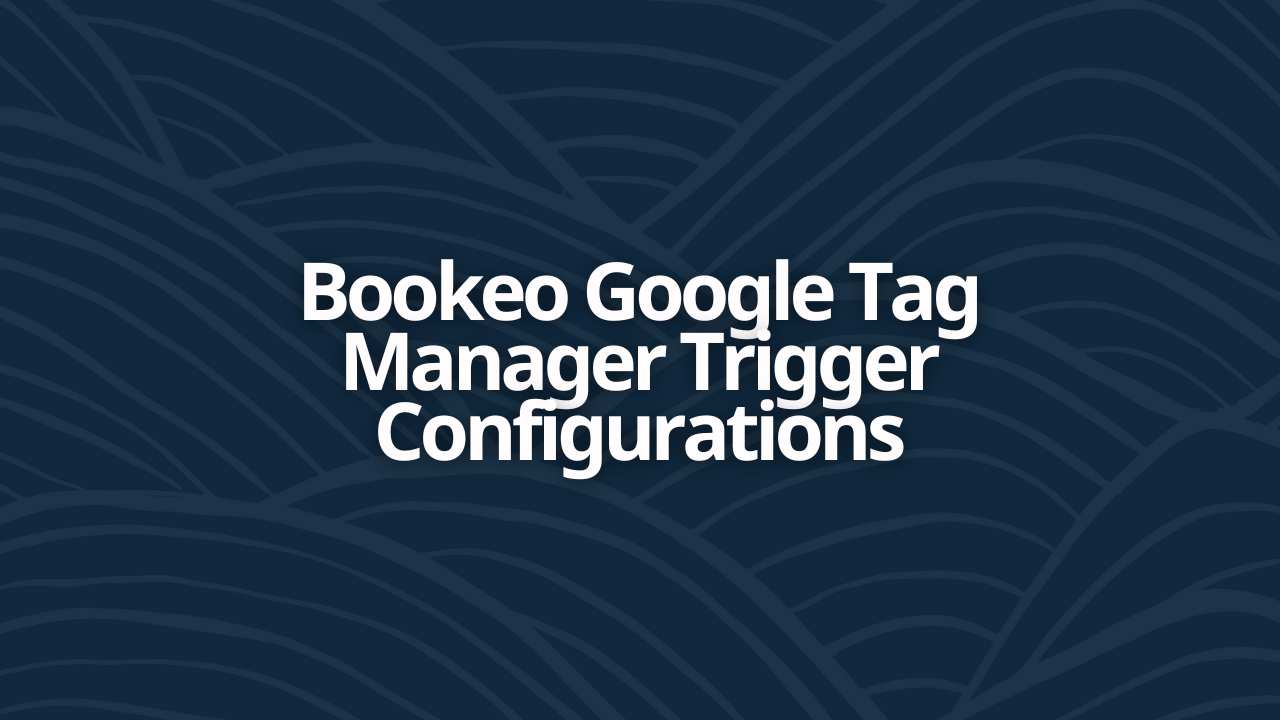
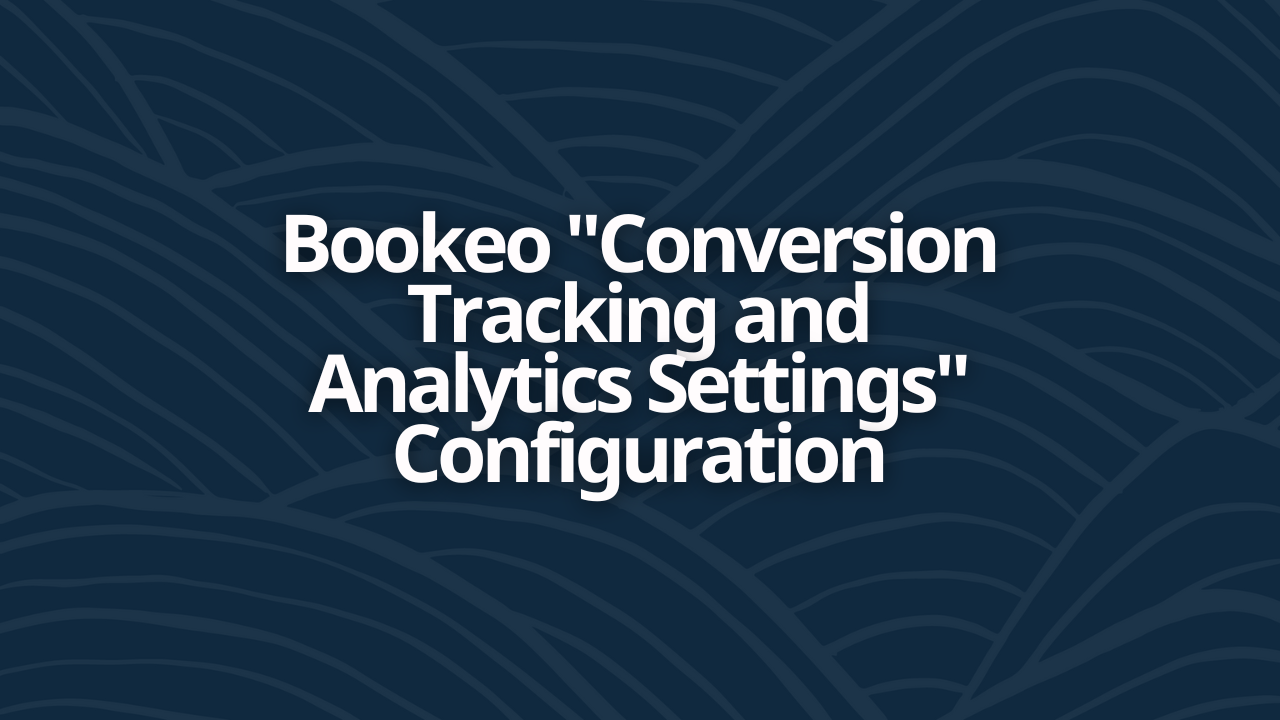


![[2023] Bookeo Escape Room Integration Guide](/_next/image?url=https%3A%2F%2Fcms.birchriverdg.com%2Fwp-content%2Fuploads%2F2023%2F03%2FBookeo-Series.png&w=3840&q=75)


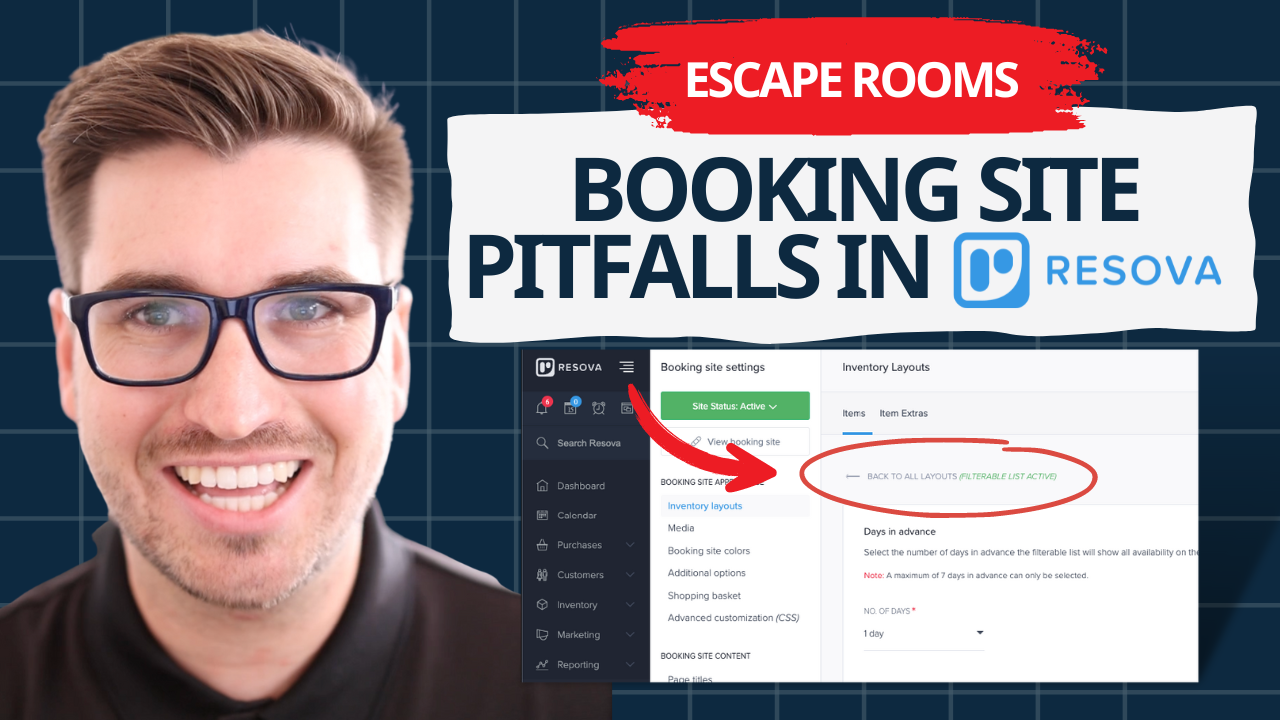






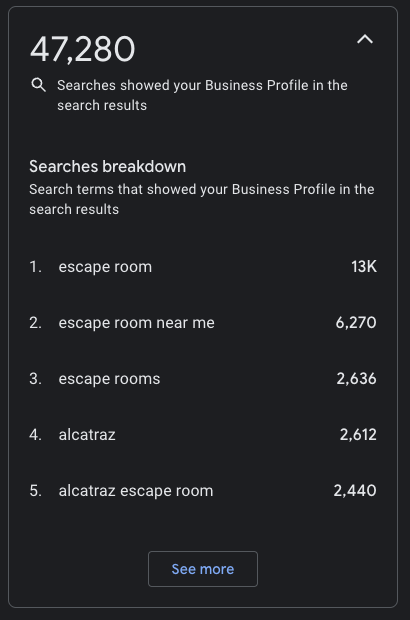





![[2022] The Ultimate Escape Room Marketing Plan](/_next/image?url=https%3A%2F%2Fcms.birchriverdg.com%2Fwp-content%2Fuploads%2F2022%2F08%2FLoyalty-Loop%402x.png&w=3840&q=75)